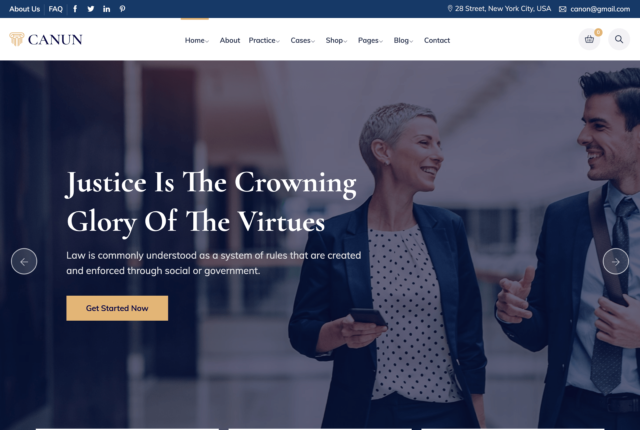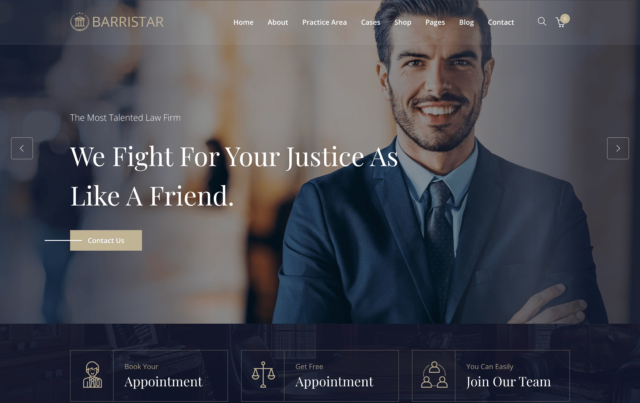Attorney Advertising Rules for the State of Massachusetts
Read for more information on the rules for online advertising for Massachusetts attorneys
In Massachusetts, attorney advertising is regulated by the Massachusetts Rules of Professional Conduct, specifically Rules 7.1 through 7.5, which establish the ethical standards for lawyers’ communications about their services. These rules aim to ensure that such communications are truthful, not misleading, and uphold the integrity of the legal profession.
Rule 7.1: Communications Concerning a Lawyer’s Services
This rule prohibits lawyers from making false or misleading statements about their services. A communication is considered false or misleading if it contains a material misrepresentation of fact or law, or omits information that makes the statement as a whole materially misleading. For instance, even truthful statements can be misleading if they omit necessary facts or create unjustified expectations about results the lawyer can achieve.
Rule 7.2: Communications Concerning a Lawyer’s Services; Specific Rules
Lawyers are permitted to advertise their services through various media, provided the advertising complies with specific conditions:
- Payment for Recommendations: Lawyers must not give anything of value to a person for recommending the lawyer’s services, except for paying the reasonable costs of advertisements, usual charges of legal service plans or not-for-profit lawyer referral services, and nominal gifts as an expression of appreciation that are neither intended nor reasonably expected to be a form of compensation for recommending a lawyer’s services.
- Lead Generation: Lawyers may pay others for generating client leads, such as internet-based client leads, as long as the lead generator does not recommend the lawyer, any payment to the lead generator is consistent with Rules 1.5(e) (division of fees) and 5.4 (professional independence of the lawyer), and the lead generator’s communications are consistent with Rule 7.1.
- Reciprocal Referral Agreements: Lawyers may enter into reciprocal referral agreements with other professionals, provided the agreement is not exclusive, the client is informed of the nature and existence of the agreement, and the arrangement does not interfere with the lawyer’s professional judgment.
- Identification of Responsible Lawyer: All advertisements must include the name and office address of at least one lawyer or law firm responsible for their content.
Rule 7.3: Solicitation of Clients
This rule addresses direct contact with prospective clients:
- Prohibited Solicitations: Lawyers must not solicit professional employment by live person-to-person contact when a significant motive is the lawyer’s pecuniary gain, unless the contact is with another lawyer, a person who has a family, close personal, or prior business or professional relationship with the lawyer, or a person who is known to be an experienced user of the type of legal services involved for business matters.
- Permitted Communications: Solicitation through written, recorded, or electronic communication is permitted under certain conditions, provided it complies with Rule 7.1 and is not coercive or harassing.
Rule 7.4: Communication of Fields of Practice
Lawyers may communicate their areas of practice and state that they concentrate in or are specialists in particular fields based on their experience, specialized training, or education. However, such communications must not be false or misleading, as governed by Rule 7.1.
Rule 7.5: Firm Names and Letterheads
This rule governs the use of firm names and professional designations:
- Use of Trade Names: A law firm may use a trade name in private practice if it is not misleading and does not imply a connection with a government agency or with a public or charitable legal services organization.
- Names of Lawyers: The use of names of deceased or retired members is permissible if the firm is a bona fide successor. However, the name of a lawyer holding public office must not be used in the firm name during any substantial period in which the lawyer is not actively and regularly practicing with the firm.
Attorneys practicing in Massachusetts should familiarize themselves with these rules to ensure compliance in their advertising practices. For comprehensive information and resources, attorneys can consult the Massachusetts Board of Bar Overseers, which provides access to the full text of the Massachusetts Rules of Professional Conduct, ethics opinions, and guidelines to assist lawyers in adhering to ethical standards in all aspects of their practice.
Our marketing packages include the following
Search Engine Optimization
Paid Search Management
Legal Content Development
Website Design
Live Chat
Social Media Management









